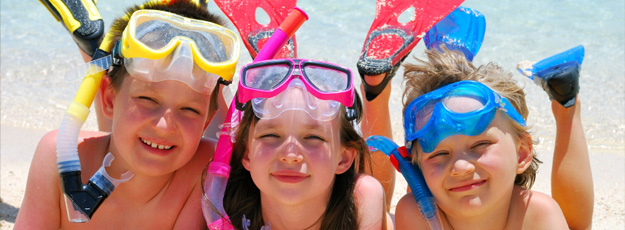
Primitive Reflexes
Primitive reflexes are survival reflexes occurring sequentially in the first few weeks of foetal development. They are automatic, stereotyped movements, directed by a very primitive part of the brain (brain stem) without involvement of higher levels of the brain (the cortex). Primitive reflexes are ideally short lived and as each fulfils its function is replaced by more sophisticated structures (Postural Reflexes) which are controlled by the cortex. However, in some childrern, they are retained because they do not fulfil their function. Each reflex has a limited time span and if present beyond their time, they are considered aberrant and evidence of an immaturity within the central nervous system (CNS). The Central Nervous System (CNS) is the control centre for all thinking, learning, and moving. The development of the CNS commences from conception, develops in a regular sequence and is the same for all humans regardless of cultural influences.
The retention of primitive reflexes is one of many factors which contribute to a person being able to move well, speak fluently, play and develop the skills necessary for every day living and learning.
In some individuals, full integration and transformation of the primitive reflexes fails to occur and they remain active despite normal development in other areas. When this occurs, it contributes to the underdevelopment of efficient proprioceptive-motor integration, hand-eye co-ordination, lateral integration and aspects of perceptual performance.
Detection of primitive reflexes (diagnostic assessment) can help isolate some of the causes of a child’s problems so that remedial training can be targeted more effectively.
A full assessment taking between 1-2 hrs includes a detailed history as well as tests for: gross and fine muscle coordination, balance, patterns of motor development, the presence of aberrant reflexes, laterality, oculo-motor functioning and visual perceptual ability.
If the reflex profile is only marginally abnormal, teaching strategies alone will usually be sufficient. Those with a moderate degree of reflex abnormality may benefit from a combination of specific teaching strategies and an individual reflex inhibition program designed to improve balance and co-ordination. If, however, a cluster of aberrant reflexes is present, a reflex inhibition program together with physical therapies such as chiropractic and other body work therapies is more effective.
For more information or to make an appointment please send an email or contact us on (02) 9639 7778 during business hours.

